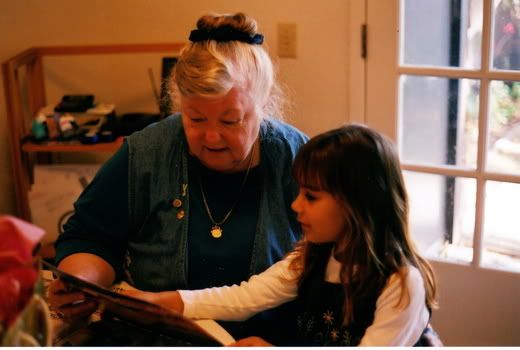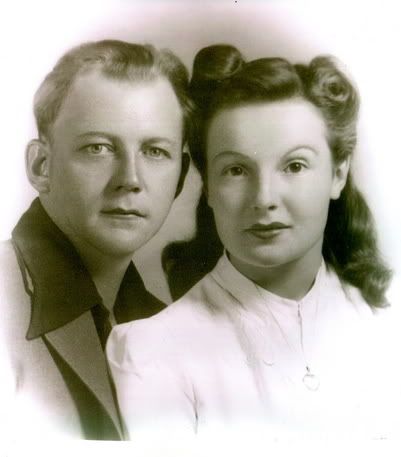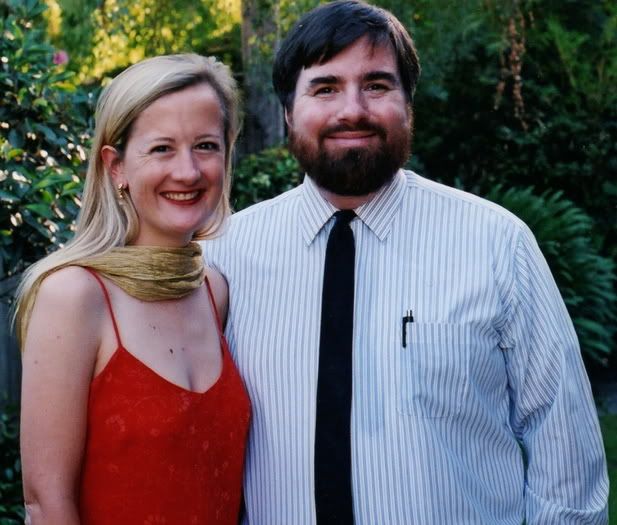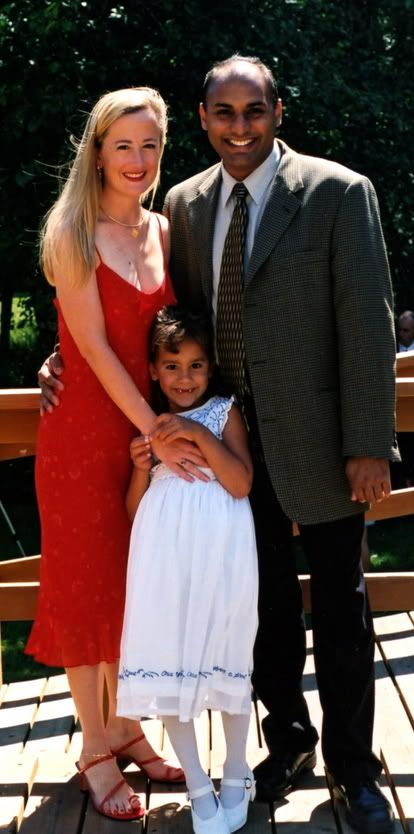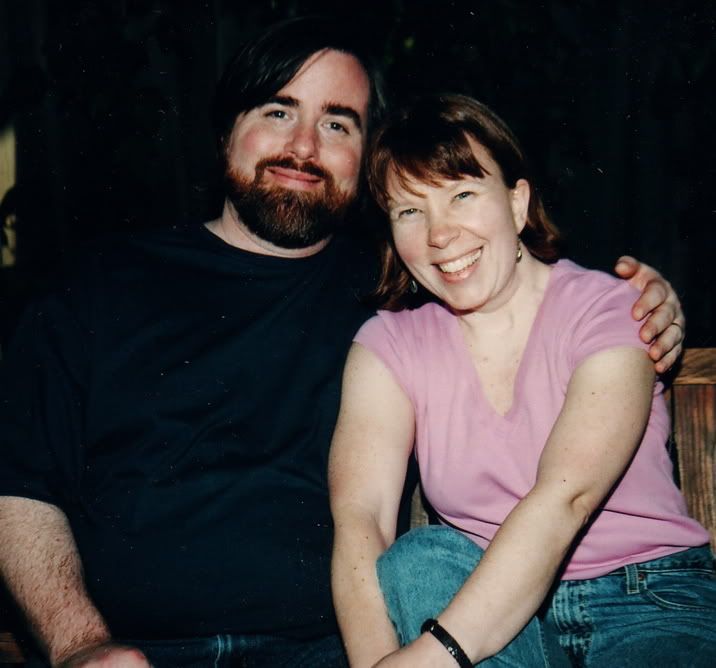 Rain left a comment on my post More Lessons From The Puritans that I have been thinking about. She said,
Rain left a comment on my post More Lessons From The Puritans that I have been thinking about. She said, I think though there is another side which led to denial of natural bodily needs, seeing nudity as sexual sin, suffering being godly, etc.Rain said more, but this is the part I have been thinking about most. I looked up Puritanical, and from The Free Dictionary by Farlex, the definition is:*** I suspect I am too old to change my prejudice that Puritanism is why America still has some of the 'wrong' (in my mind) attitudes toward many natural things-- like being gay. As an artist, I deal with the prejudices against depicting the nude figure even today
Which would seem to imply that according to common usage, the term does mean false body modesty. That bugaboo so many of us had to fight to overcome. Sexually repressed. The stuff I learned at St Mary of the Palms, the Catholic boarding school I attended. The school where I was taught, at the age of six, to take a bath in an over sized tee shirt to "cover your shame." Mama tells me that when I came home, I would not get undressed in front of anyone because "Sister says it isn't modest." Which, I suppose it isn't. However, since I had no such notions when I left my Puritan descended family to go to St Mary's, you can probably guess I associated them with the Catholic church. So, I double checked Fischer's book, Albion's Seed and discovered this paragraph:
Adj. 1. puritanical - of or relating to Puritans or Puritanism 2. puritanical - exaggeratedly proper; "my straitlaced Aunt Anna doesn't approve of my miniskirts"
The general pattern of sexual attitudes -- strong encouragement of sexual love and sensual bonds within marriage, strict punishment of fornication and adultery, a maniacal horror of unnatural sex, and rigid taboos against contraception within marriage -- was in its totality unique to New England. By and large, the culture was not a system of sexual tyranny and repression. The sex ways of Massachusetts rested upon an intensity of moral and religious purpose which marked so many aspects of this culture*.If Puritans repressed what they considered unnatural, which would include homosexuality but not the body itself, where did the repressed view of the human body and sex come from? It seems it was more Victorian than Puritanical. Looking at the pictures here of the somber Puritan and the gaily dressed Victorians, one would suppose the opposite.
 It was the Victorians who held that women shouldn't enjoy sex and a woman who did was immoral. It was the Victorians who called the bull a "gentleman cow" and legs "limbs" and the chicken breast "white meat" and legs "drum sticks" and "dark meat". They put skirts on tables and chairs and pianos so that men would not see their legs and have sexual thoughts about women, who also had legs. It was the Victorians who considered a glimpse of ankle extremely provocative. Not only were the Victorians sexually repressed, they suffered the things that go along with it. Hypocrisy was rife. This was the age of Jack the Ripper. Prostitution, including child prostitution, was part of the hidden world of Victorian England. Stories are told of upstanding Victorian gentlemen paying for a child prostitute, only to discover when the girl was delivered that she was their own daughter, kidnapped that very afternoon. It was a world with an ugly side.
It was the Victorians who held that women shouldn't enjoy sex and a woman who did was immoral. It was the Victorians who called the bull a "gentleman cow" and legs "limbs" and the chicken breast "white meat" and legs "drum sticks" and "dark meat". They put skirts on tables and chairs and pianos so that men would not see their legs and have sexual thoughts about women, who also had legs. It was the Victorians who considered a glimpse of ankle extremely provocative. Not only were the Victorians sexually repressed, they suffered the things that go along with it. Hypocrisy was rife. This was the age of Jack the Ripper. Prostitution, including child prostitution, was part of the hidden world of Victorian England. Stories are told of upstanding Victorian gentlemen paying for a child prostitute, only to discover when the girl was delivered that she was their own daughter, kidnapped that very afternoon. It was a world with an ugly side.And the idea of the virtue of chastity, far from being Puritan,** was Catholic.And the ancient Romans and Greeks were shocked at the prudishness of the Hebrews -- one of the sources of the idea that homosexuality was unnatural.
So, we can see that part of the common idea of Puritanical is indeed from Puritans, but much of it is from the Victorians and part from the Catholics and part from the ancient Jews and part undoubtedly from other sources as well. And the Victorian ideas are not founded in a religion, but rather with one woman.
* Fischer, Albion's Seed, Page 93.
** One Puritan elder decreed that life with a bad woman was better than life with no woman.
Photos: Victorian, courtesy Victorian Life
Puritan Woman, courtesy Susan Ditto, 2004







